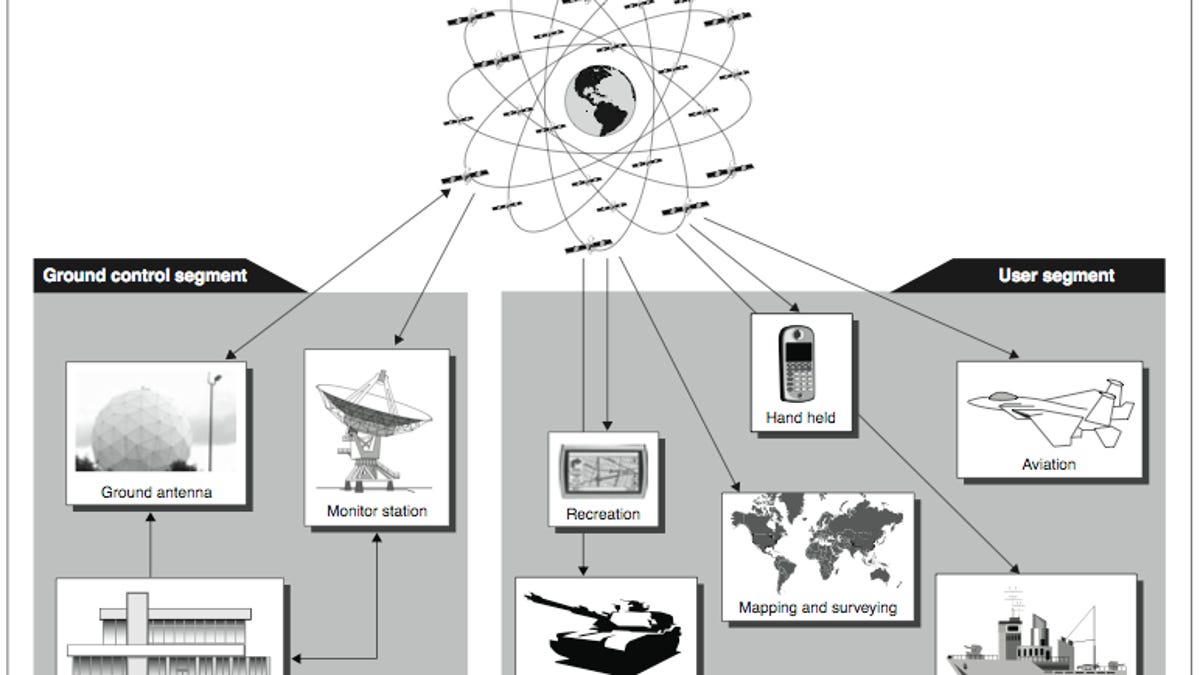GPS upgrade behind schedule and over budget
US Air Force has struggled to build and deploy the next generation satellites on schedule, report says, which means smart bombs and 911 could also suffer.

Ubiquitous, reliable, and free to the public, the Global Positioning System (GPS) is now taken for granted, but don't dump those maps from the glove box just yet, since it's uncertain for how long the U.S. government can continue to deliver.
The US plans to invest more than $5.8 billion through 2013 to modernize and replenish the existing GPS satellite constellation. But facing cost overruns of $870 million and "significant" technical problems, the US Air Force, which is in charge of GPS acquisition, has struggled to build and deploy the next generation satellites on schedule, according to a Government Accounting Office report. A failure to complete development next year before old satellites begin to fail could have wide-ranging impacts on all GPS users, the report warned. (PDF)
Part of the problem has been an acquisition "reform" program, which instead of improving matters by placing more responsibility on the contractors, led instead to "requirements creep," relaxed specifications, late part delivery, test failures, and poor performance.
In addition, the program suffered from the "cluster" factor, i.e. a lack of management continuity. Diffuse leadership contributes to late delivery and cost growth. Part of the program has had seven different managers, the first five of whom only served one year each. The diverse array of officials and organizations involved made it difficult to pare back and control requirements, according to the GAO.
Then there were the mergers. For example, the aerospace and defense bits of Rockwell were acquired by Boeing shortly after it won a GPS contract. A year later, Boeing merged with McDonnell Douglas. The work was moved again. Next Boeing acquired Hughes Electronics' space and communications business, which meant another move; all the while shedding "valuable workers and knowledge."
Among the consequences of degraded GPS: more delays and cancellations on intercontinental flights, degraded 911 services and "smart bombs" get a little dumber. A decrease in accuracy of GPS guided munitions would force the military to use either bigger bombs or more of them to get the same bang. Can you say collateral damage?